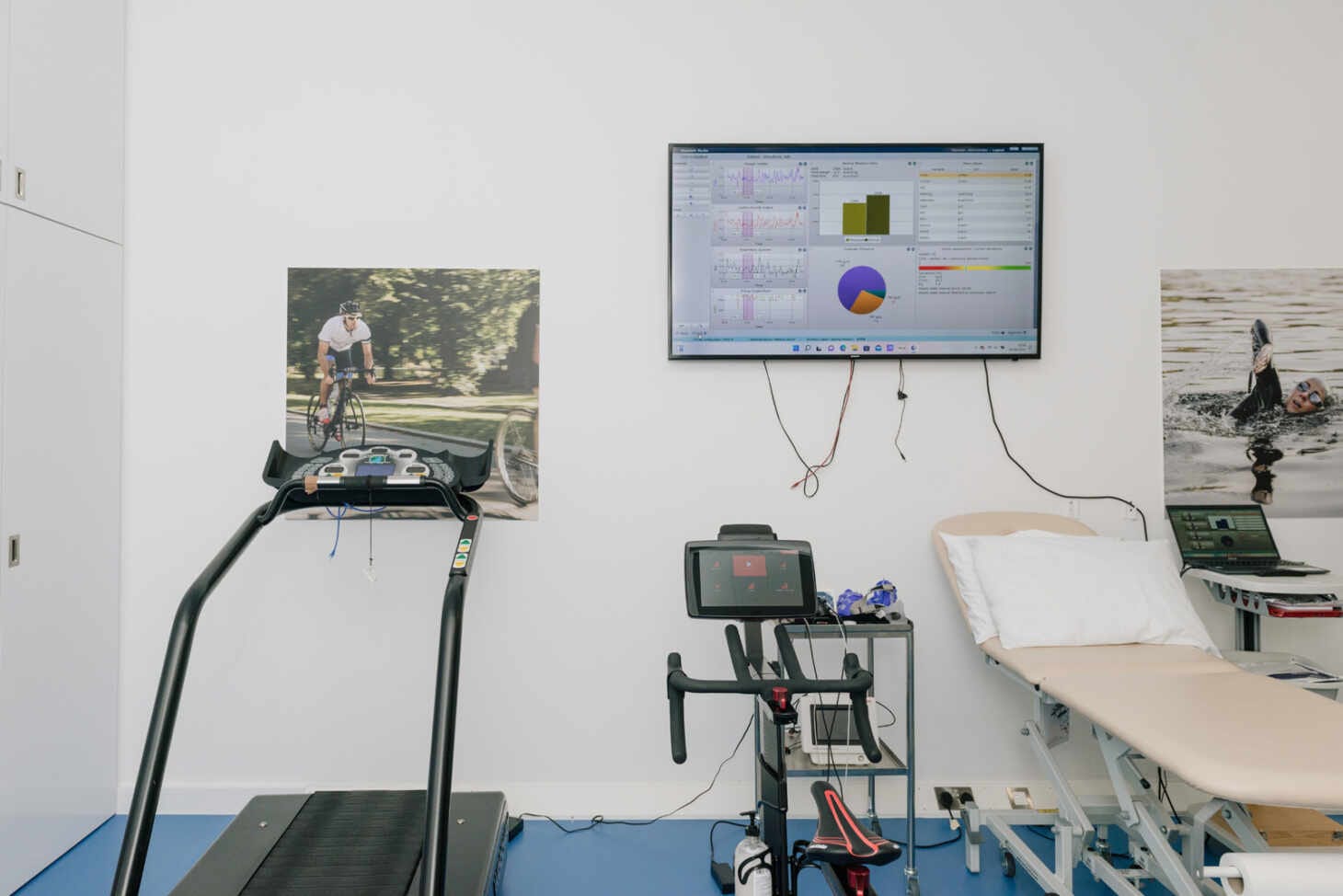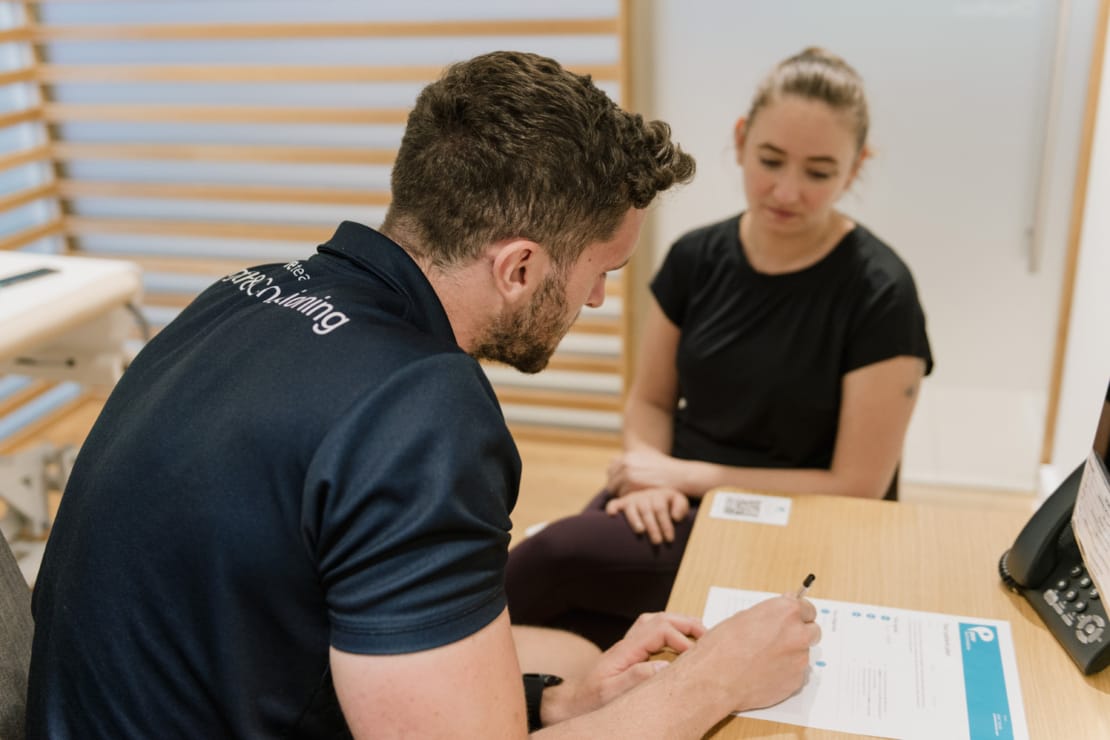Assess Your Lifestyle with Heart Rate Variability (HRV)

Pure Sports Medicine
- 27 March, 2025
- Exercise
- 2 min read
Assess Your Lifestyle with Heart Rate Variability (HRV)

- My days include breaks that allow me to recover.
- I feel that my alcohol consumption is not excessive
- I don’t generally feel stressed
- I usually feel rested and energetic
- I feel that I sleep enough
- In my opinion, I feel well at the moment
If you are reading some these statements and thinking to yourself, ‘I don’t agree with that’ or ‘that definitely doesn’t apply to me’, chances are your lifestyle could do with some fine tuning as your stress/recovery balance might be causing you to function on empty. These are just some questions asked prior to carrying out a lifestyle assessment using heart rate variability, which can give some valuable insights into how your body is reacting and coping with your life.
What is Heart Rate Variability?
Heart rate variability (HRV) is the measure of average time between each heart beat. The time between each heart beat is called the R‑R interval and the more this differs between beats, the more variable the heart rate, which increases heart rate variability.
Why is HRV important?
HRV is a measure of our stress response to everyday situations and is a said to be a measure of underlying heart health. Our heart rate and HRV is controlled by the autonomic nervous system. The autonomic system is split into the fight/flight response (sympathetic) and the resting/recovery response (parasympathetic). The fight or flight response is stimulated by a stressful situation, such as an argument, delivering a presentation or generally feeling uncomfortable. The parasympathetic nervous system (rest and digest) is active when the body is at rest and in a relaxed state. A stressful situation causes our heart rate to increase and HRV to decrease whereas a relaxed state will cause the opposite response. Although stress is a natural daily occurrence and should not be consider the bad guy, the ratio between the amount of stress and recovery we are getting should be balanced. We can think of this as using energy from a battery and then recharging it.
Factors that affect HRV are stress, sleep, digestion, exercise, hormones, thermoregulation and blood pressure. Recently the number of studies on HRV has increased and have reported that an increase in HRV decreases morbidity and mortality, whilst improving psychological well being and quality of life. Moreover, acute stress has been associated with decreased HRV during sleep and daytime, with chronic physical training load also reducing HRV in overtrained individuals. HRV can therefore be used to assess stress levels, physical status and work/life balance of an individual.
How to measure it?
The number of devices measuring HRV has increased rapidly over the past decade due to improvements in phones, watches and heart rate monitors sensors, however the accuracy of some of these devices is poor. The Bodyguard created by Firstbeat Technologies ltd is a HRV monitor worn on the chest (see picture below).

Advice
Over the last 20+ years our experts have helped more than 100,000 patients, but we don’t stop there. We also like to share our knowledge and insight to help people lead healthier lives, and here you will find our extensive library of advice on a variety of topics to help you do the same.
OUR ADVICE HUBS See all Advice Hubs

